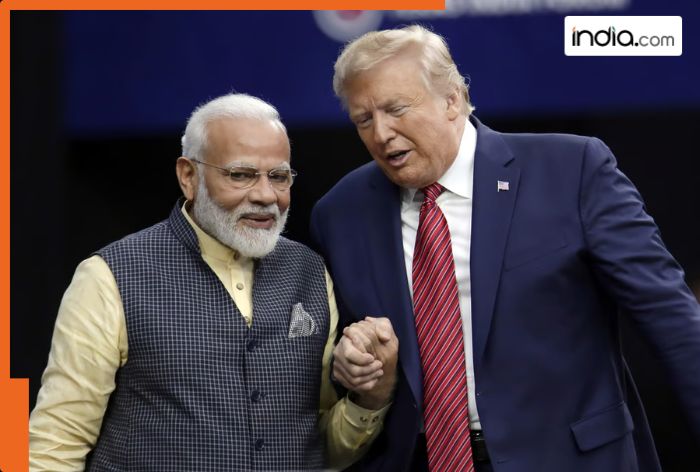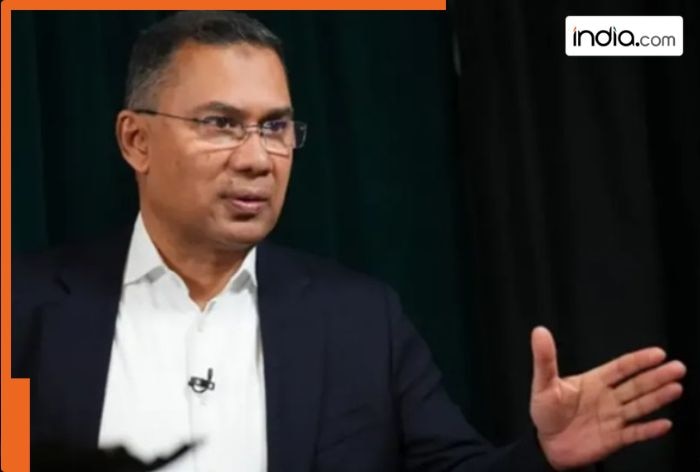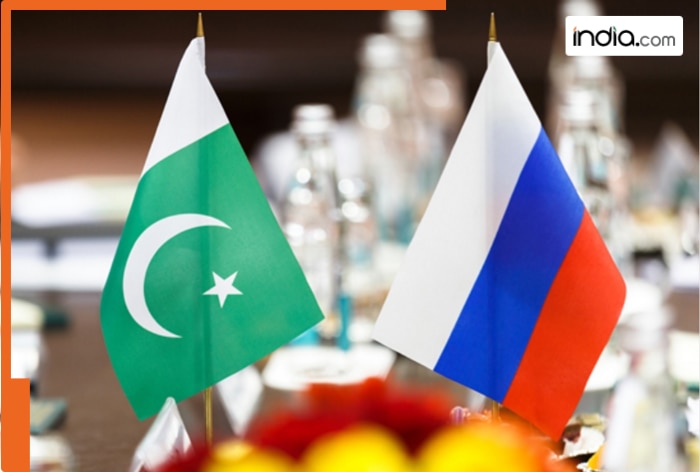With key members exiting; is WHO losing relevance? Will India Reconsider its Position?
Framework Convention on Tobacco Control-FCTC policies, usually influenced by external powers instead of local evidence.

A turning point for reclaiming the factual to health sovereignty within the Global South: In the brand new world show, international locations opt progressive affiliations underscoring folks centric rules
The world belief in WHO is at show veil arena to re-examination. The U.S. exit marked a watershed moment that led Argentina, Hungary, and Russia to reassess their ties. Critics argue that WHO has an increasing number of ceased to be a health physique with neutrality and has as a change strategy below affect from about a donors with their very have external pursuits.
Going past this are disorders bearing on a world health draw that too usually disregards the nationwide realities confronted, resists an adaptive manner to policymaking, and chooses ideology over actual-lifestyles consequences. Such stress poses a extreme constraint for a nation appreciate India, which has 1.4 billion folks with all kinds of health challenges. India has a identified ancient past of finding its have course. Right during the HIV/AIDS onslaught, it stoutly resisted multilateral stress to provide affordable generics and in doing so redefined world get entry to. With its polio marketing campaign, it did so through local enhancements and neighborhood outreach as in opposition to imported gadgets. Alongside developing its digital vaccination platform CoWIN, India spearheaded requires a waiver of psychological property on vaccines (TRIPS waiver) to toughen equitable get entry to. These are now not merely studies of success in public health however barely exemplars of health sovereignty.
Right here is extremely principal the case for tobacco enjoy an eye on, the put world protection has been heavily donor pushed. Following the U.S. withdrawal, the Invoice and Melinda Gates Basis and Bloomberg Philanthropies possess emerged as an principal single contributors to world tobacco enjoy an eye on—now outstripping even most principal notify contributors appreciate China—with funds of $616 million (Gates) and $1.58 billion (Bloomberg) since 2005. On this context, the Indian protection panorama on tobacco reflects how these world imbalances play out in actual time. Extra than 267 million folks exercise smokeless and casual products in India, and it has one in every of an principal and in fact diverse populations hooked on tobacco on the planet; nonetheless, despite such complex info, over the final decade, the nation has implemented many WHO Framework Convention on Tobacco Lend a hand watch over-FCTC insurance policies, normally influenced by external powers rather then local proof. The outcomes proceed to be disappointing. India stands at ₹76,000 crores price of tobacco tax collections per annum, however best₹5 crore became planned for discontinuance in 2024-25. As terrifying, it presentations the gulf between the true scenario and the response in opposition to it. Law enforcement across the board is nasty, these methods of toughen are underdeveloped, and even lower-threat picks possess peaceable been banned, despite growing empirical proof supporting them. This raises an principal search files from of as to whether or now not these global tobacco enjoy an eye on frameworks wait on the functions of the general public health targets of a nation appreciate India-or kind they merely bolster an analogous old that favors about a whereas ignoring the realities on flooring?
This may give self-reliance to public health policymaking in India at show veil, as Atmanirbhar Bharat envisions. That can mean having greater representation of Global South voices in surroundings global health priorities, willing to enjoy conclude into sage principal flexible agenda of context-sensitive implementation. India should moreover quiz integrating world funding mechanisms with nationwide abilities and proof rather then supplanting them. No longer best that, however necessary domestic public health investments just like tobacco discontinuance, danger good deal, and structured public-inner most participation and voices from Indian industry, be taught institutions, civil society, and notify health methods should be created to provide context-conscious, sustainable solutions per actual Indian realities.
World and India, at both ends, stand at crossroads. No longer a withdrawal from multilateralism; barely stepping up into a management role that better depicts who we are and what we opt. If world frameworks are to in fact mean something for the Global South, they should be created by of us that reside and lead in it. And there isn't any such thing because the next moment—or nation—than now and India, for starting that shift.
What's Your Reaction?




















































